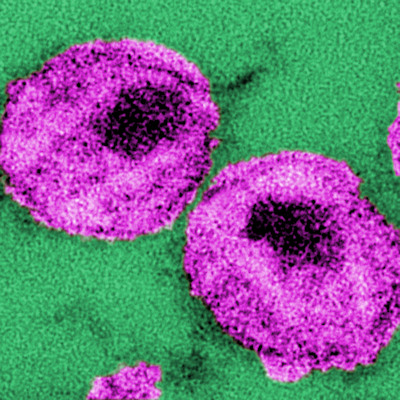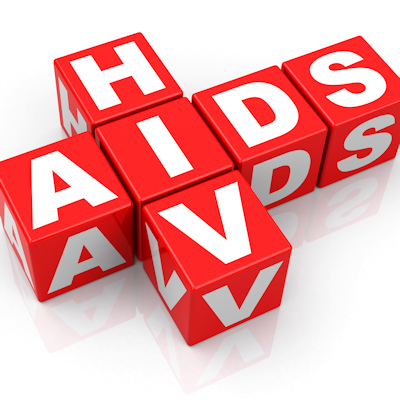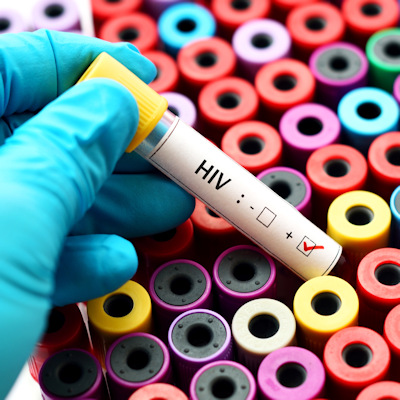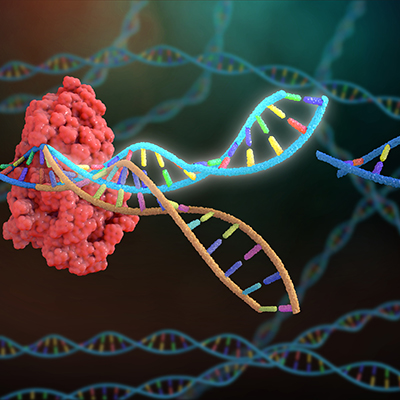June 21, 2023 -- The identification of a protein that helps HIV to evade the immune system has led scientists to propose a two-step “shock and kill” approach to eliminating the virus.
Current antiretroviral therapies suppress the HIV virus but are unable to eliminate the pathogen from the body. The virus resides in reservoirs in a type of white blood cell, CD4+ T lymphocytes. If a patient stops taking the antiretroviral therapy, the HIV in their reservoirs can replicate, causing the viral load to increase. As such, lifelong treatment with antiretroviral therapy is needed.
The search for ways to remove the viral reservoirs and free people from the need to take antiretroviral therapy for life has led researchers in Montreal and Brussels to a receptor that regulates the functions of certain CD4+ T cells.
Writing in the journal Cell Reports, the scientists describe the effects of inhibiting the aryl hydrocarbon receptor (AhR) using CRISPR-Cas9 gene editing and pharmaceuticals. The work showed AhR is a barrier to the replication of HIV T-cell receptor-activated CD4+ T cells in vitro. Neutralizing AhR activity led to viral growth, as Université de Montréal medical professor Petronela Ancuta said in a statement.
"In our study, we show that AhR, a transcription factor regulating the expression of certain genes, has an antiviral effect in patients' CD4+ T cells," Ancuta said. "To help HIV remain silent in reservoir cells, the molecule has an effect on the expression of HIC1, another transcription factor known to inhibit HIV replication."
The discovery led Ancuta and her collaborators to propose using drugs that inhibit AhR in the treatment of HIV. The plan is to use an AhR inhibitor to reactivate HIV-infected cells. After that "shock" phase of the treatment, the infected cells will be visible to the immune system and the "kill" stage of the process can begin.
Ancuta plans to build on work in other indications to test the "shock and kill" approach. Because the AhR pathway is activated in certain cancers, other groups have moved inhibitors of the receptor into clinical trials. In those oncology settings, AhR inhibition is designed to counter anti-inflammatory activity that prevents adequate antitumor immune responses.
Repurposing the molecules for use in the treatment of HIV could accelerate work to test the hypothesis about how to clear the virus from reservoirs. Ancuta plans to continue working with Carine Van Lint, an HIV transcription specialist at Université libre de Bruxelles, and McGill University medical professor Jean-Pierre Routy to understand the molecular mechanism and validate the new therapeutic target.
Copyright © 2023 scienceboard.net










